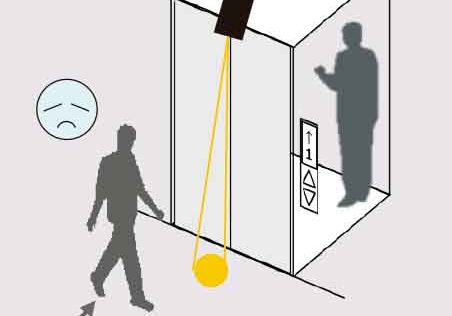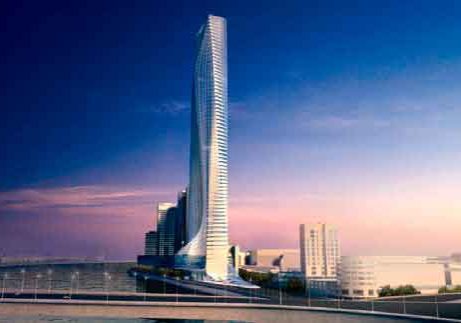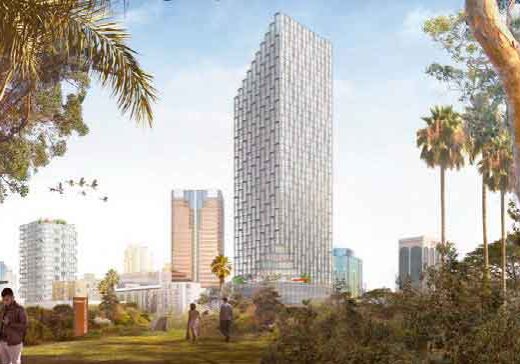Plans for big work in the Israeli metropolis
Nov 1, 2018

Schindler Israel Awarded Mass-Transit Contract
Schindler Israel has been awarded a contract to provide 106 escalators, 61 elevators and 24/7 maintenance to the Red Line, the first main line of the Tel Aviv Metropolitan Area Mass-Transit system under construction in Tel Aviv, Israel. Eng. S. Lustig Consulting Engineers, Ltd. (ESL), of Tel Aviv designed the vertical-transportation system.
The Red Line is the backbone of the mass-transit system, to pass through the most congested areas of the metropolitan area and serve the greatest number of passengers, compared with other lines.
It will span 24 km, 11 through an underground tunnel. The line will include 34 stations, including 10 underground. The distance between the above-ground stations will be 500 m, and between underground stations, 1 km. During peak hours, the frequency of trains will be every 1.5 min. Along the above-ground route, there will be a train every 3 min. Approximately 70 million annual passengers are expected. It is scheduled for completion in 2021. Reported by Ami Lustig, CEO of ESL and ELEVATOR WORLD correspondent.
100-Story Tower Approved
The Bein Arim Tower, a 100-story office tower that will be the tallest in Israel, has won final approval, Globes reported in June. The building will sit on a site owned by the Tel Aviv municipality at the boundary of Tel Aviv, Givatayim and Ramat Gan, in the heart of the metropolitan business district. The site includes 120,000 m2 of space for offices, hotels, commerce and public areas. In addition to the tower, two six-story public buildings are planned nearby, with the municipality to decide their uses later.
The Tel Aviv District Planning and Building Commission rejected objections and gave final approval to the plan. The site is near the Arlosorov Interchange ramp to the Ayalon Highway, the Savidor Railway station and the Tel Aviv light rail line.
Residents of existing buildings and purchasers of apartments in towers under construction in Ramat Gan and Givatayim entered objections to the plan. Other objections were submitted by Tel Aviv city engineer Oded Gvuli and by Ayalon Highways Co. The plan was approved, subject to several changes, including doubling the space for public buildings from 5,000 to 10,000 m2 without increasing the amount of space for construction. This public space can be used for educational, religious, sports and other purposes. The commission also decided to require the construction of two pedestrian bridges, which had been marked as future options.
Get more of Elevator World. Sign up for our free e-newsletter.








